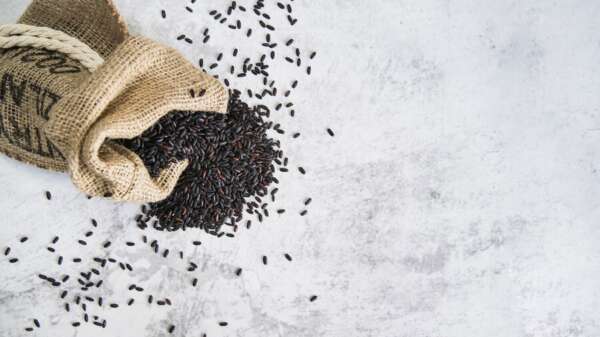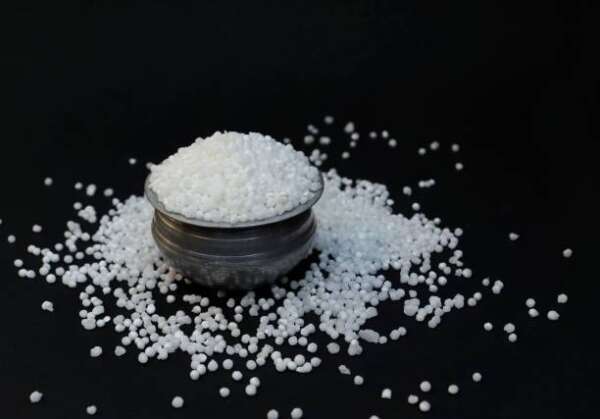Moringa: Unveiling the Marvels of Nature’s Superfood
In the realm of natural health and nutrition, few plants command as much attention and reverence as Moringa oleifera, commonly referred to simply as Moringa. This remarkable tree, native to parts of Africa and Asia, has earned a reputation as a powerhouse of nutrition and wellness, with every part of the plant boasting a plethora of health benefits. From its leaves and seeds to its roots and flowers, Moringa offers a treasure trove of nutrients and medicinal properties that have been utilized for centuries in traditional medicine systems across the globe.
Understanding Moringa
Origins and Cultivation:
Moringa oleifera, often dubbed the “Miracle Tree” or “Tree of Life,” is native to the sub-Himalayan regions of India, Pakistan, Bangladesh, and Afghanistan, although it now grows in tropical and subtropical regions worldwide. Renowned for its resilience and adaptability, Moringa thrives in diverse climates, from arid deserts to humid tropics, making it a valuable resource for communities facing food insecurity and malnutrition.
Botanical Composition:
The Moringa tree is characterized by its fast-growing nature and delicate, fern-like foliage. It bears clusters of fragrant, creamy-white flowers that give way to long, slender pods containing seeds. However, it is the tender leaves, rich in nutrients and bioactive compounds, that have garnered the most attention for their exceptional health-promoting properties.
Health Benefits of Moringa
1. Nutrient Density:
Moringa leaves are a nutritional powerhouse, boasting high concentrations of vitamins, minerals, and antioxidants. They are particularly rich in vitamin C, vitamin A, vitamin E, calcium, potassium, and iron, making them a potent source of essential nutrients for overall health and vitality.
2. Immune Support:
The immune-boosting properties of Moringa are attributed to its high vitamin C content, which helps strengthen the immune system and protect against infections. Additionally, Moringa contains various antioxidants, such as quercetin and chlorogenic acid, which combat oxidative stress and inflammation, further supporting immune function.
3. Anti-Inflammatory Effects:
Moringa possesses potent anti-inflammatory properties, thanks to bioactive compounds like flavonoids, polyphenols, and isothiocyanates. These compounds help reduce inflammation in the body, alleviating symptoms of chronic conditions such as arthritis, asthma, and inflammatory bowel diseases.
4. Blood Sugar Regulation:
Several studies suggest that Moringa may help regulate blood sugar levels, making it beneficial for individuals with diabetes or insulin resistance. Compounds found in Moringa leaves, such as quercetin and chlorogenic acid, may improve insulin sensitivity and inhibit glucose absorption, leading to better blood sugar control.
5. Cholesterol Management:
Research indicates that Moringa may help lower cholesterol levels, particularly LDL cholesterol, commonly known as “bad” cholesterol. The plant sterols present in Moringa, along with its antioxidant properties, contribute to improved lipid profiles and cardiovascular health.
6. Digestive Health:
Moringa leaves contain fiber and digestive enzymes that support healthy digestion and regular bowel movements. Additionally, the antibacterial and anti-inflammatory properties of Moringa may help alleviate symptoms of digestive disorders like gastritis and ulcers.
7. Skin and Hair Health:
The rich nutrient content of Moringa makes it beneficial for skin and hair health. Topical application of Moringa oil or powdered leaves can hydrate the skin, reduce inflammation, and promote collagen production. Furthermore, the vitamins and minerals in Moringa support strong, shiny hair and may help prevent hair loss and damage.
8. Energy and Vitality:
As a nutrient-dense superfood, Moringa provides a natural energy boost without the crash associated with caffeine or sugar. Its blend of vitamins, minerals, and antioxidants nourishes the body at the cellular level, enhancing vitality and stamina.
Utilizing Moringa
1. Nutritional Supplement:
Moringa leaves are commonly dried and ground into a fine powder, which can be added to smoothies, juices, or recipes as a nutritional supplement. Moringa powder is an easy and convenient way to incorporate the benefits of this superfood into your daily diet.
2. Tea Infusions:
Dried Moringa leaves can be steeped in hot water to make a nourishing herbal tea. Moringa tea is caffeine-free and packed with antioxidants, making it a soothing beverage choice that promotes health and wellness.
3. Culinary Ingredient:
Fresh or dried Moringa leaves can be used in cooking to add a nutritious boost to various dishes. From soups and stews to salads and stir-fries, Moringa leaves impart a mild, earthy flavor and vibrant green color to culinary creations.
4. Oil Extraction:
Moringa seeds are rich in oil, which can be cold-pressed to produce Moringa oil. This nutrient-rich oil is prized for its moisturizing and emollient properties and is used in skincare products, hair treatments, and massage oils.
Moringa use and potential side effects
Safe for most when used appropriately:
- Moringa leaves: Generally safe for adults when consumed in recommended doses (usually around 1-2 teaspoons of powder per day).
Potential side effects:
- Digestive issues: Stomach upset, diarrhea, or gas, especially at high doses.
- Blood sugar issues: May lower blood sugar, potentially interacting with diabetes medications. Consult your doctor if you have diabetes.
- Blood pressure: May lower blood pressure. Monitor your blood pressure and consult your doctor if you have concerns.
- Other: Potential for interference with thyroid function, fertility, and certain medications. Pregnant and breastfeeding women should avoid moringa due to potential harm.
Important precautions:
- Consult your doctor: Always talk to your doctor before starting moringa, especially if you have any underlying health conditions or take medications.
- Start low and slow: Begin with a small dose and gradually increase to allow your body to adjust.
- Be mindful of interactions: Don’t consume moringa if you’re pregnant, breastfeeding, or have certain health conditions. Check for potential interactions with medications you take.
Important Facts
1. Sustainable Crop:
Moringa is considered a sustainable crop due to its fast growth rate, high yield per acre, and minimal water requirements. Its ability to thrive in harsh environments makes it an invaluable resource for combating malnutrition and food insecurity in vulnerable communities.
2. Traditional Medicine Heritage:
Moringa has a long history of use in traditional medicine systems, including Ayurveda, Unani, and Traditional Chinese Medicine. Practitioners of these systems have utilized Moringa for centuries to treat various ailments and promote overall health and well-being.
3. Scientific Validation:
While many of the health benefits attributed to Moringa have been documented in traditional medicine, scientific research has also begun to validate its therapeutic properties. Clinical studies have confirmed its antioxidant, anti-inflammatory, and blood sugar-regulating effects, among others, contributing to its growing popularity as a superfood.
4. Safe Consumption:
Moringa is generally considered safe for consumption when used in moderate amounts as a food or dietary supplement. However, excessive intake of Moringa supplements or extracts may cause digestive upset or interact with certain medications, so it’s advisable to consult a healthcare professional before adding Moringa to your regimen, especially if you have underlying health conditions or are pregnant or breastfeeding.
In Conclusion:
Moringa stands as a testament to the power of nature to nurture and heal, offering a bounty of health benefits and nutritional riches to those who embrace its gifts. From immune support and inflammation relief to blood sugar regulation and beyond, Moringa’s holistic approach to wellness encompasses the body, mind, and spirit. As we continue to unlock the secrets of this extraordinary plant, let us cultivate a deeper appreciation for the wonders of Moringa and harness its potential to thrive in harmony with nature and flourish in health and vitality.



